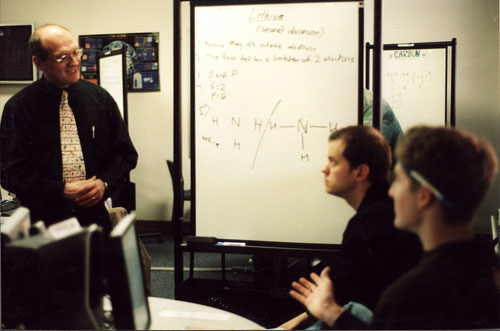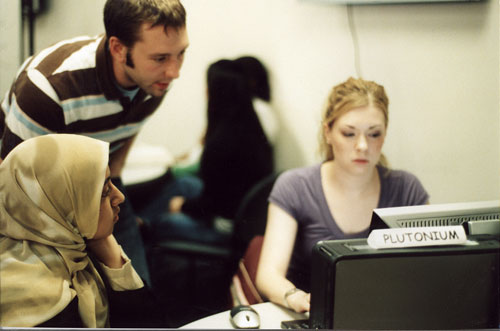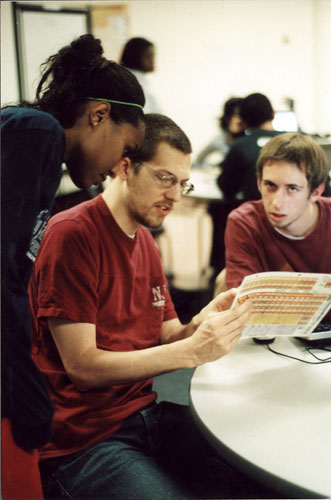Changing Undergraduate Chemistry Instruction Through Discovery Learning: A Look at Student Performance and Attitudes
This exploratory study provides evidence of the potential value, as well as the complexity of trying to change undergraduate students' performance and attitudes toward chemistry through the use of discovery learning. The results found for student performance are encouraging and suggest the Reformed Chemistry model holds the promise for creating more effective learners. The attitude data, suggest, however, that using the discovery method does not automatically translate into students gaining confidence in themselves as learners, having positive attitudes about chemistry as a field, or feeling comfortable with learning through discovery, rather than more traditional means.
To better understand why these apparently contradictory findings have emerged the review of record data and survey data needs to be complemented by additional investigative techniques. At a minimum, it would be important to talk to the students themselves to try to find out more about why their attitudes became more negative and ways in which acclimatization to the discovery process might be made easier. Further analyses of both performance and attitudinal data by student characteristics would also be important. Additionally, it seems critical to obtain similar attitudinal data from a comparable group of students taught through more traditional means. It may be that the increase in negative attitudes seen in students taught through the discovery, while undesirable, is less than the increase in negative attitudes would be in a group taught through more traditional means.






